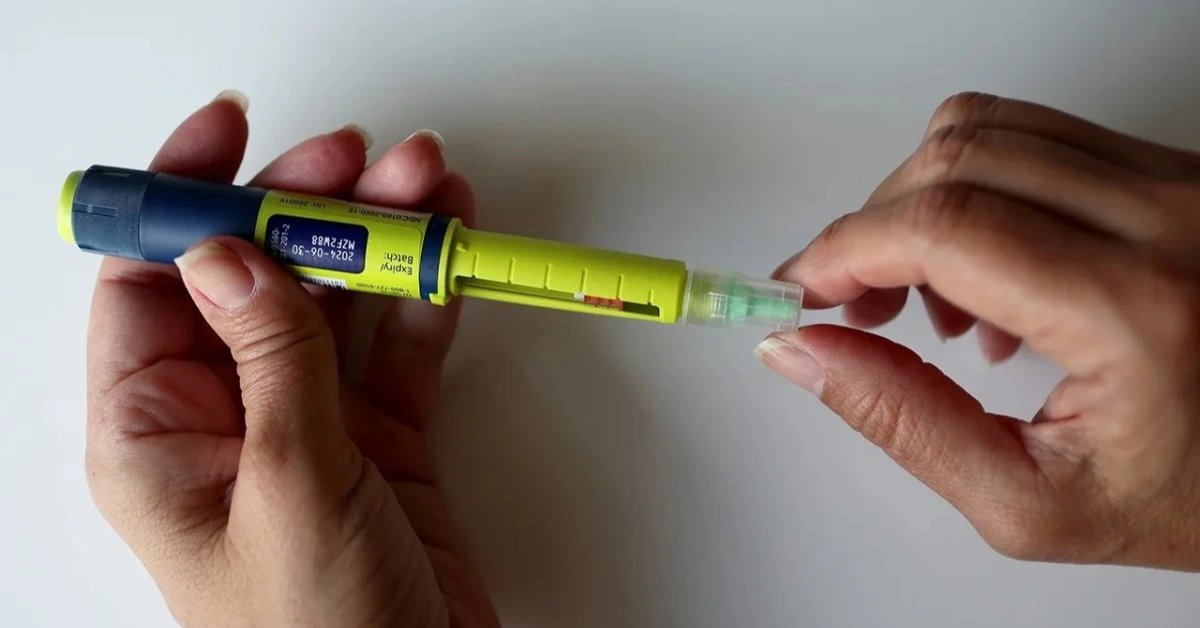
SOUTH AFRICA – South Africa’s Competition Commission has launched an investigation into Novo Nordisk and Sanofi over concerns that their business practices may be limiting competition in the insulin pen market.
Authorities are looking into whether the companies’ use of multiple patents and proprietary designs is preventing other suppliers from entering the market.
Novo Nordisk, a Danish pharmaceutical giant, responded by saying it welcomes the investigation and supports a competitive market. “We comply with all relevant laws and strongly support a competitive market,” the company stated.
Diabetes is a major health crisis in South Africa, particularly affecting women. Public healthcare facilities are already stretched, making access to affordable insulin essential.
For over a decade, Novo Nordisk was the main supplier of human insulin pens in South Africa. However, the company decided not to bid for the 2024 government tender.
Instead, it opted to phase out its user-friendly insulin pens and only supply an older version of the drug in vials, which require patients to inject themselves using a syringe.
Novo explained that this decision was made after “thorough discussions” with the South African Department of Health. “We ensured the public sector had adequate access to insulin through this route,” the company added.
The move sparked public outrage. Last year, hundreds of protesters marched to Novo Nordisk’s headquarters in Johannesburg, demanding better access to insulin and lower prices.
Sanofi also did not participate in the government’s insulin pen tender, according to Doctors Without Borders (MSF).
As a result, the South African government had to procure a smaller number of insulin analogue pens from Sanofi at a higher price.
These analogue pens, which allow better control over insulin absorption, are generally more expensive than human insulin. Sanofi has not responded to requests for comment.
Meanwhile, Africa’s largest drugmaker, Aspen, has partnered with Novo Nordisk to start producing human insulin vials in South Africa.
“We are just trying to get these medicines out to South Africa and emerging markets,” said Aspen CEO Stephen Saad. “There’s been a real shortage of these products, particularly since they share production with diabetes and weight-loss drugs.”
Aspen is also working on adding insulin pen production capabilities and may eventually secure rights to manufacture them.
Advocacy groups have called on regulators to investigate whether Novo Nordisk’s focus on manufacturing weight-loss injections has contributed to the shortage of insulin pens.
XRP HEALTHCARE L.L.C | License Number: 2312867.01 | Dubai | © Copyright 2025 | All Rights Reserved